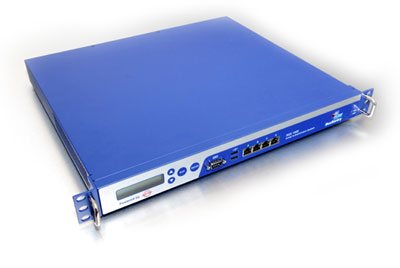Box Sentry is a Better Choice in Multi-Lingual Environments
 Manish Goel, the CEO of BoxSentry, gave me a delightful reason to ride my motorcycle into Boston on a sunny July afternoon. Sure it’s hot this time of year, but at 65 miles per hour, even the most humid day can still be comfortable – until you stop at a light, then it hits you. Man it’s hot.
Manish Goel, the CEO of BoxSentry, gave me a delightful reason to ride my motorcycle into Boston on a sunny July afternoon. Sure it’s hot this time of year, but at 65 miles per hour, even the most humid day can still be comfortable – until you stop at a light, then it hits you. Man it’s hot.
We had coffee at the Four Seasons on the Boston Common and chatted about anti-spam issues and technologies.
The discussion came around to our groundbreaking work on the user experience with email (Spam Index Report, The Problem with Email ), and how anti-spam filter technologies don’t support multi-lingual applications very well. Some markets, like The Netherlands, or Germany, or Singapore or Kuwait or even the Kingdom of Saudi Arabia need anti-spam technologies that can detect spam in Dutch and English, in German and English, in Chinese and English, in Arabic and English for example.
These needs aren’t met by classic anti-spam filtering algorithms because users in the business deals with messages in two and sometimes three languages, even from the same message originator, so the usual phrase matching and word-density algorithm will miss many, many obvious ‘positives.’ As it stands, these are the precise market need that the folks at BoxSentry are focused on.
And, that’s why this Singapore company is focusing on the multi-lingual markets such as Singapore, Japan, Indonesia, Korea, Thailand, Hong Kong, Taiwan, United Arab Emirates, Saudi Arabia, Kuwait and Qatar.
 Core packaging in an appliance form (RealMail Server) or in a multi-tenant [[Software as a Service]] implementation. In the five years since the company’s formation, over 1,000 domains are protected today.
Core packaging in an appliance form (RealMail Server) or in a multi-tenant [[Software as a Service]] implementation. In the five years since the company’s formation, over 1,000 domains are protected today.
Key technologies in service include something the company calls Positive Reputation which checks the accepted database for whether the IP address has delivered an accepted message before. If accepted before, it is accepted again. If never accepted before, the service applies [[DKIM]], Eleven ‘s hash pattern detection and the Habeas’ safelist service which validates the sources of legitimate high volume email marketers. Should an incoming email not qualify for acceptance under these conditions, a sender self authentication email is sent. This ‘challenge’ is automatically generated in multiple languages and is only ever sent after all of these conditions are met, which is delivered in a very small percentage of first contact cases.
The BoxSentry solution is consistent with the recommended anti-spam treatments that pay attention to the source, not the content. Email from my clients and from any person that I send an email to, will always be accepted, regardless of the message content. Spam always originates from email servers that I haven’t emailed before, that don’t respond to challenge invitations and don’t comply with Habeas, Eleven or DKIM.
This post has already been read 0 times!
Edit
